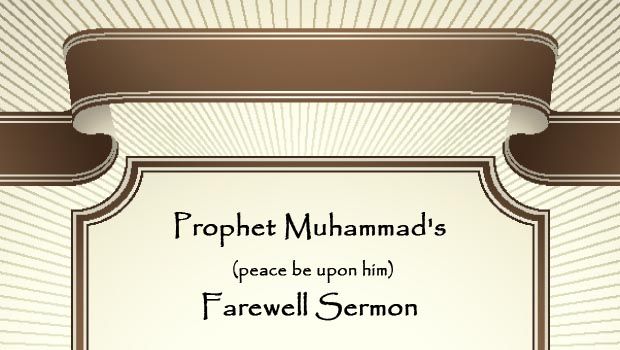Through the medium of poetry, humans express what is most meaningful and memorable. A good poem can call us to deeper awareness, give voice to the delights and tragedies of our human condition, motivate to action or soothe our pain; and sometimes, through its verses, a civilization is memorialized. Abu Firas al-Hamdani was the last great poet of the Arab Islamic tradition, ending a line of great lyricists that began before the advent of Islam and continued into Islam’s golden ages.
Of Persian origin, Abu Firas was a member of the Hamdanid dynasty which ruled over northern Iraq and Syria under the later ‘Abbasid empire, an era of fragmented kingdoms, great intrigue and political instability. His cousin and mentor was Sayf al-Dawlah, the famous ruler known as the “Sword of the State” who was the most significant opponent of the Byzantine empire at the time.
Abu Firas lived an extraordinary, colorful life, the stuff of legends. Had he never been a poet, he would have still left a lasting imprint in the annals of history. In fact, it can be argued, quite rightfully so, that his intriguing life enhanced his words and gave his poetry authenticity and meaning.
Born in Mausul in Iraq, Abu Firas was a small child of two or three years of age when his father was killed by his cousin, Nasir al-Dawlah (d. 967CE), and the ruler of the Hamdanid dynasty who considered him a rival. Abu Firas’ mother then settled in Aleppo where she raised her son and had him mentored by his cousin, Sayf al-Dawlah, the ruler’s brother. Al-Dawlah was a strong, local prince whose power, fame and fortune quickly eclipsed that of his brother. At the time, the two brothers were considered the wealthiest and most powerful princes in the entire Muslim world.
Under the tutelage of Sayf al-Dawlah, Abu Firas led a distinguished political and military career under the Hamdanids, including being governor of several cities, taking part infrequent military campaigns against the Byzantines and Greeks, as well as enduring periods of capture and imprisonment, and carrying out daring escapes. After capture by the Byzantines on one such expedition, he escaped by leaping onto horseback and jumping into the Euphrates River.
Sayf al-Dawlah became one of the acclaimed medieval military leaders but was also a patron of the arts and surrounded himself in his court by some of the Muslim world’s most renowned figures, such as the philosopher al-Farabi (d. 950CE), the historian Abu’l-Faraj al-Isfahani (d. 967CE) and poets like Abu Firas and another renowned poet, al-Mutanabbi (d. 965CE).
Abu Firas was ultimately captured and killed in 357/968 during a failed revolt against the successor to Sayf al-Dawlah.
The Rumiyyit
Abu Firas was renowned for his literary and poetic skills, and many of his verses are filled with deep emotion and yearning, having been written in captivity. Of these, the most celebrated work is al-Rumiyyit, written during an extended period of captivity under the Romans (hence the title).
It was a period of betrayal, longing, and reflection, all of which are represented in its lines. The following is from the translation by Nizar F. Hermes:
In captivity, a lover suffers in disgrace
And tears flood down his lonely face
In Byzantine land, his body must reside
Though in Syrian land his heart does still abide
A lonesome stranger and out-of-place!
Where none with love may him embrace.
Abu Firas is considered by some to be the last great Arabic poet, and today his writing is scattered throughout the rich corpus of our literature in tafsir, hadith, poetry and the arts, and has been kept alive by singers, poets, and nasheed artists. The scholar al-Tha’?lib? (d. 429/1039) described him as “unequaled in his time, in literature, virtue, nobility, eloquence, valor and bravery.”
When God aids you not in what you ask
No other creation then can find a way
And if He steers you not in every task
Lost you are, though Arcturus*himself lead your way.
*Arcturus is the brightest star in the northern hemisphere and fourth brightest in the night sky, referred to as al-simak, “the uplifted one.”





